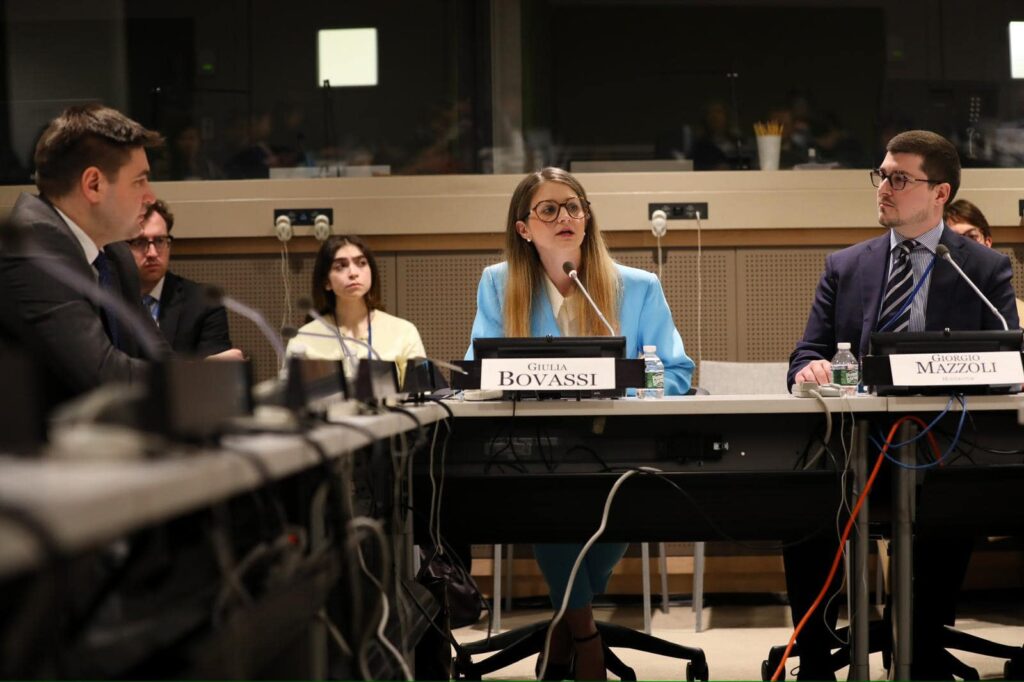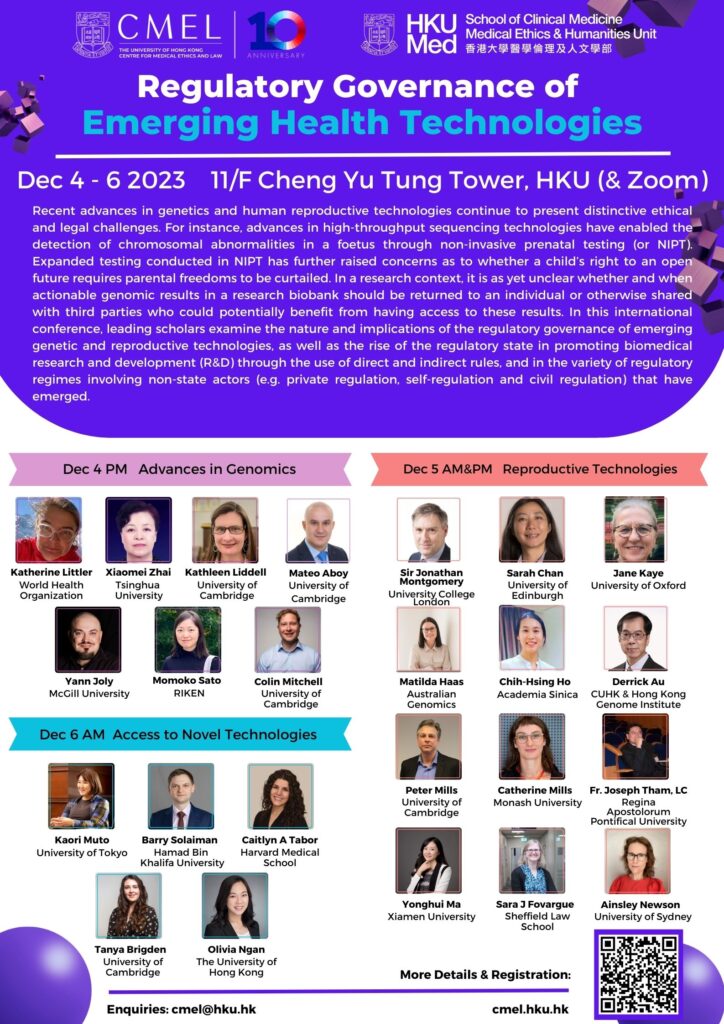An Interreligious and Multicultural Perspective on
The Nature of Medicine and the Role of Physicians
DECEMEBR 17-19, 2024
During the three days of our UNESCO Chair workshop, we will analyze and discuss “The Nature of Medicine and the Role of Physicians”. The study and conversations will focus on how different traditions understand the discipline of medicine and perceive the practitioners of the discipline. Previous workshops have successfully taken place in Rome, Hong Kong, Mexico, Houston, Casablanca, and Bangkok with the participation of more than 80 prestigious interdisciplinary scholars from around the world.
With the rapid advancement of medical science and technology, the discipline of medicine has been radically changed in recent years and the role of physicians have also been transformed accordingly. And so, it is important to discuss and to understand the redefinition of the medical field through the lens of different cultural and religious traditions.
We plan to gather bioethics experts from Buddhist, Christian, Confucian, Daoist, Hindu, Muslim, Jewish, and the secular backgrounds to discuss different papers on “The Nature of Medicine and the Role of Physicians” submitted for this occasion. Like previous workshops, the papers submitted for this workshop will be collected and published as a book.
The general theme was suggested by the experts participating in our previous workshop (Bangkok 2022). To find convergence and cooperation in the field of these crucial issues related to the nature of the medical profession and duty of medical practitioners will be the core subject matter of the papers and workshop discussions and lectures.
Hosted by the UNESCO Chair in Bioethics and Human Rights, established in two Roman universities, the Università Europea di Roma and Ateneo Pontificio Regina Apostolorum, the conferences are a first step in creating a permanent academic forum to promote dialogue and bioethical reflection in the light of human rights and duties addressed from different religious and cultural perspectives in the worlds actively advancing medical, legal and technological environment.
By gathering experts from these religions, a rare space for dialogue has been created where an atmosphere of friendship and respect reigns. Such dialogue and encounters allow us to see the other as our brothers and sisters in our common humanity. This is most urgent in our globalized reality and can eliminate suspicions that are sometimes the causes of distrust and even violence.
Our experiences enable us to share values and attitudes that facilitate dialogue and the accomplishment of UNESCO Chair goal of “Fostering the Art of Convergence and Cooperation in Global Ethics”. The Chair seeks to create a forum for diverse bioethics thought leaders. Collaborating in a spirit of respect and friendship we hope to deliver a common framework to guide the application of bioethical principles in the light of the UNESCO Declaration on Bioethics and Human Rights. In this manner we can inform and enlighten ethical, legal and public opinions, decisions, and actions relative to medicine, life sciences and human rights and responsibilities.
OPTIONAL – PUBLIC SYMPOSIUM
As means of dissemination, publicity and involvement of multiple and diverse scientific, medical and university communities and the public we suggest organizing during the week an event open to the public on topics related to bioethics issues in the light of human rights in a multicultural and interreligious environment.
In this event, experts in the workshop and other suggested by the hosting university will provide academic lectures or presentations for educational purposes and dissemination of knowledge on bioethics and human rights. We will encourage participation of the outside community including public authorities, doctors and other healthcare personnel, patients, teachers, university scholars and students, and anyone interested in these relevant topics. The workshop and conference are primarily academic and apolitical, even though we encourage participation of all.
The language for this event can be decided locally by the hosting university, providing simultaneous translation into English (for foreigner participants) if needed.


